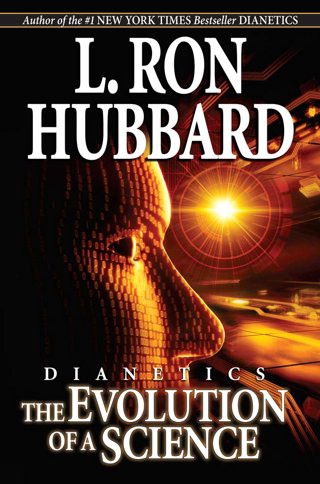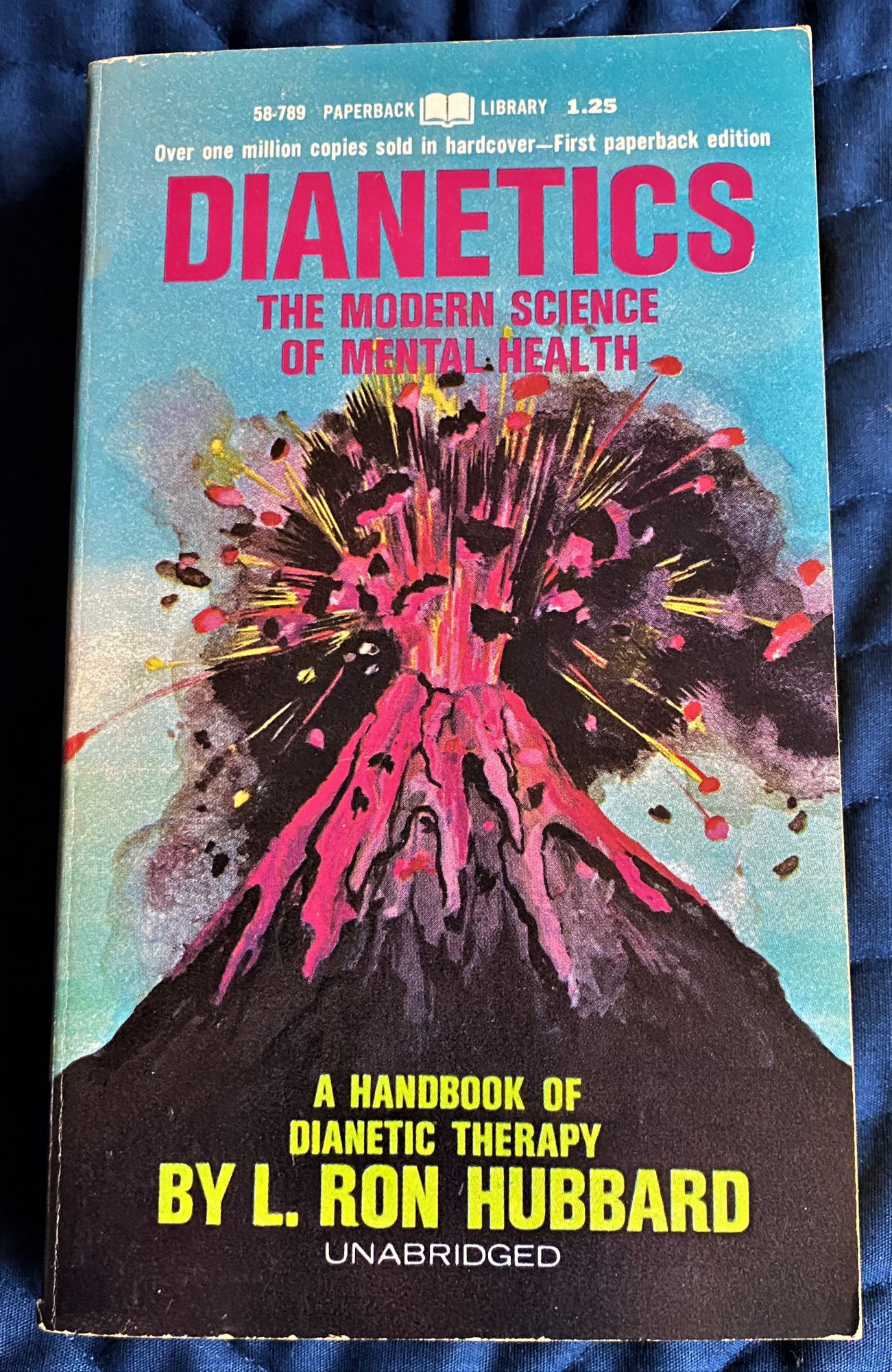The Of Dianetics
The Of Dianetics
Blog Article
The Basic Principles Of Dianetics
Table of ContentsSome Known Incorrect Statements About Dianetics Some Of DianeticsOur Dianetics DiariesDianetics Can Be Fun For Anyone
I couldn't ever not intend to get anything that enters your mind for you- if it was or else, I wouldn't be resting below with you, doing this. I not only could never have a problem, or not desire to listen to something that enters your mind for you, yet I'm entirely excited to understand every concept, every thought, every image or sensation that arises or manifests for you- don't ever before assume or else, and if somehow you do, please just let me recognize! Often, you might have a thought, and image, idea or event appear that does not appear to address the inquiry, or associate with it, however however, constantly do inform me regarding it, and as we continue, the importance will certainly emerge for you.This is inherent in the basis of handling, and the subject of this discussion: the standard duties of the counselor and the client: The fundamental role of the therapist is, as opposed to "conventional training", not to regulate, which indicates to implement and/or prevent, but to instead function from the basis of EMPOWERING THE CUSTOMER.

A Biased View of Dianetics
John Mcmasters revealed this fundamental truth splendidly well in among his lectures on Power processing, in which he clarifies how he was asked what this "special flair" was that he had for offering such great sessions; he needed to assume about that for a minute, and found that it was what he had not been doing, as well as what he was doing: he wasn't evaluating, judging, computing, or as a matter of fact, creating any kind of thoughts, not to mention spoken expressions, after providing the command and while awaiting the computer to complete their solution to their complete satisfaction; he was, just and only, existing with the PC, and entirely interested.
The function of the counselor, demonstrated; that was his "special flair". I have actually had my very own experience which educated me this well, extremely early in the game. In 1982, having actually lately finished my training and teaching fellowship on New Era Dianetics, I was running this on a PC, and there was a factor in the session where (being a bit damp behind the ears not yet having numerous hours under my belt as a specialist auditor) the PC seemed to be "taking as well lengthy" to express anything vocally after I offered him a command.
This trick ended up being the most useful contribution that John ever before made to the subject of therapy or auditing (Dianetics). In my humble opinion, it is the greatest contribution that any individual has actually ever before made to these subjectsthe application is totally non-judgemental, non-evaluative, and without any pointer, recommendations or opinion.no preconceived agenda for individuals, or 'degrees' that they should do
In Scientology we prided ourselves on not evaluating for individuals. All that actually suggested was that the auditor did not VERBALLY assess for the Computer in session.
The Only Guide to Dianetics

Any individual who had actually ever before seen John audit could not assist but notice an one-of-a-kind top quality in his bookkeeping."The client's basic duty is to be there with the purpose of relocating the direction of their spiritual goals, and to freely and totally express and experience whatever shows up for them in answering the concerns and carrying out the instructions in the handling.
This is something to procedure as needed. Additionally, people often have previous experience and/or brainwashing in auditing/processing which, in some ways, and to some degrees, really misdirects them into attitudes, ideas and behavior patterns that avoid the full realization of these roles, and so they will have a tendency to hinder the expressing of what comes to mind, as in the instances provided above - Dianetics. * The first, and possibly leading instances of mis-indoctrination causing moved here less than entirely smooth and reliable sessions, can be located in particular elements of the training regimens, or "TR's":"TR's" are usually an individual's very first, or a minimum of early, experience in Scientology, and while I will go on to discuss what I view as the flaws in idea and method, nonetheless, tend to be substantially restorative, done as they are provided (Hubbard firmly insists that "TR's are not processing, they are go to the website educating", however factually, they are both handling AND training)
Alan Walter made similar observations, and enhanced on these with his "Presence Processes". There is no "failing", and no rejection of the reality of this being handling. The emphasis, as it must be, is on experiencing the other person's existence. All the symptoms which get a "fail" in doing "TR-0" are her explanation simply the being's initiatives to stand up to the various other individual's presence, and instead of being bothered and pestered with "Flunk", which enforces "failure!" on the being, one just needs to be urged to "stick their feet in the water a little much deeper", to significantly restore their capability and desire to totally share and experience "being here", or "existence", with others.
Little Known Facts About Dianetics.

Report this page